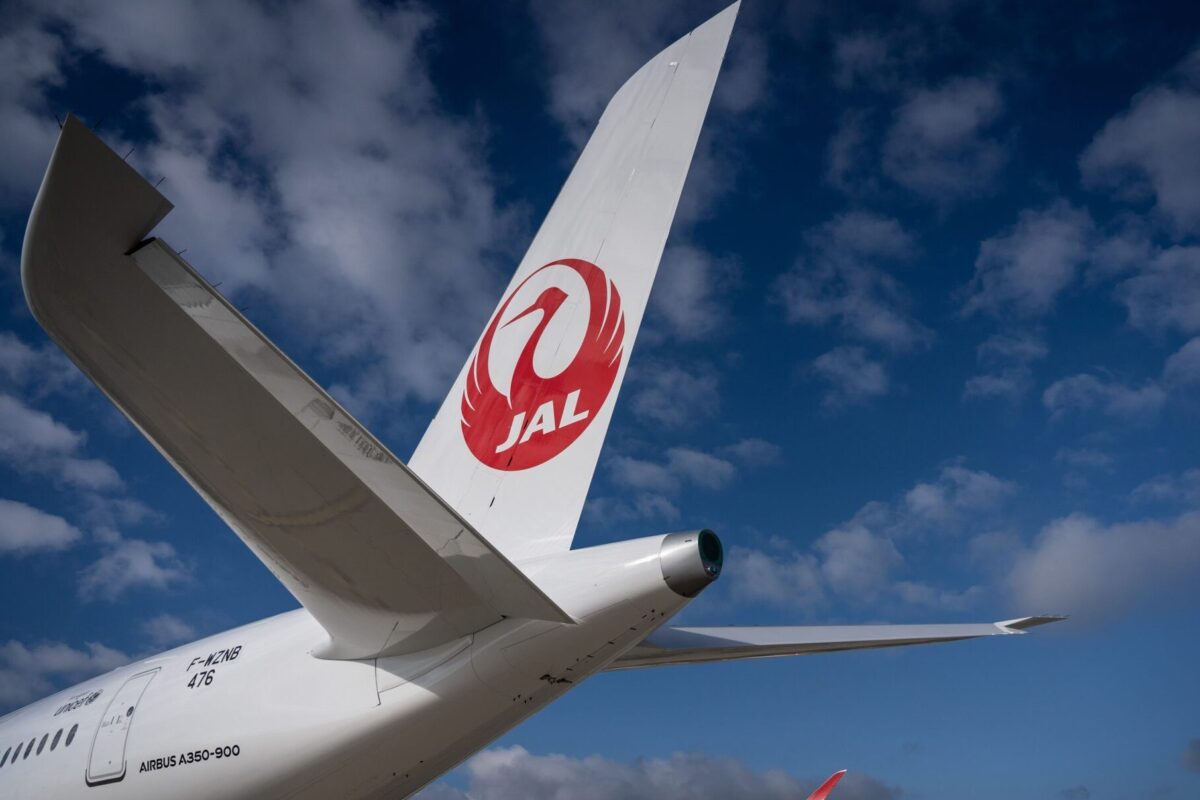How Flipkey plans to get back in the game
Skift Take
Source: Skift
Author: Dennis Schaal
Flipkey CEO TJ Mahony knows something about competing, having earlier in his career created the Compete.com website. But his TripAdvisor-owned vacation rental website has a mountain to climb if it is even to get into the conversation with its bigger rival HomeAway.
Traffic figures from what used to be Mahony’s Compete.com, which measures the U.S. online travel marketplace, tell part of the story. As of May 20, HomeAway.com boasted nearly 2.3 million monthly unique visitors and Flipkey had about 30% of that, or 676,671.
That doesn’t even take into account HomeAway-owned VRBO.com, which recorded even larger traffic than HomeAway.com at nearly 2.9 million monthly unique visitors, according to Compete. (Compete’s numbers aren’t exact, but they do a better job than most of approximating market share.)
Part of this huge scale advantage for HomeAway is reflected on the search engine optimization front, which is key for vacation rental owners and property managers seeking a bang for their listings bucks. In other words, if they list their properties on Flipkey, what kind of clout will they have in the search engines?
If you do a Google search for “Orlando vacation rental,” the top three organic listings are for HomeAway websites, followed way down the page by one for Flipkey and another for TripAdvisor.
And, when you look at the property numbers, HomeAway, with its 35 websites, likewise is way ahead at an estimated 594,000 unique property listings as of March 31, 2012, versus about 160,000 currently for Flipkey, and more than 200,000 for TripAdvisor, including those of FlipKey and sibling Holiday Lettings.
So many entry points
Perhaps the comparisons with HomeAway aren’t entirely fair, given the divergent paths taken by the two companies, but HomeAway is the acknowledged market leader and Flipkey’s prime competitor.
Mahony co-founded Flipkey with COO Jeremiah Gall and CTO Carl Query in 2008 as a guest-review platform for professionally managed properties.
Mahony likes to point out that Flipkey started with “zero listings” and now counts 160,000 in just under five years.
Prior to Flipkey’s launch, Mahony had been trying to list his Boston condo on VRBO and saw lots of complications in the process, including protracted conversations with guests about the “trust” issue.
Seeing so many entry points for a new business, the trio founded Flipkey, raised about $500,000 in venture funding, and ironically set out to build a TripAdvisor for vacation rentals, Mahony says.
TripAdvisor swooped in and invested in Flipkey in August 2008, about six months after the official launch, and now owns a majority stake. There are mechanisms in place for now-public company TripAdvisor to take 100% ownership of Flipkey.
Flipkey’s evolution stands in stark contrast with HomeAway’s trajectory. Founded in 2005, HomeAway raised about $405 million in venture funding, attracted another $160 million in financing, gobbled up 17 vacation rental websites around the world, and became a public company in its own right in June 2011.
TripAdvisor: What have you done for me lately?
Still, TripAdvisor, which became a public company in December 2011 and bills itself as the “world’s largest travel site,” is no slouch.
And, this begs the question: What has TripAdvisor really done with Flipkey over the last five years and why hasn’t it closed the gap with HomeAway?
Part of the answer is that HomeAway focuses single-mindedly on vacation rentals and has a massive lead, and TripAdvisor must balance its main attention on its hotel-advertising business with its relatively new interest in vacation rentals.
Mahony says TripAdvisor has been a great partner, that it is investing in Flipkey and that the two companies’ combined vacation rental teams number in the hundreds.
But, Mahony points out, referring to Flipkey, “we are on our own track.”
One of the differences is that Flipkey is more focused on the U.S., which grabs the bulk of its traffic and brand recognition, while “TripAdvisor is more well-known everywhere,” Mahony says.
About half of Flipkey’s listings are in North America, and its entire inventory is split about 60%-40% between professionally managed properties and rentals by owner, respectively, he says.
“TripAdvisor drives a ton of traffic to our supply base,” Mahony says.
But, the different paths of TripAdvisor and Flipkey are even more divergent than Mahony lets on and some would argue that the two companies actually are competitive in many ways.
They have distinct vacation rental divisions offering different platforms to property owners and management companies at divergent price points, for instance.
When you list your property on Flipkey, it automatically flows to TripAdvisor, but the reverse isn’t necessarily true.
For example, TripAdvisor went out on its own last year and struck partnerships with four vacation rental companies — Interhome in Switzerland, Toprural in Spain, Mediavacances in France, and Stayz in Australia.
These vacation rental additions, which could bring TripAdvisor’s inventory numbers closer to the 300,000 mark, can be booked through TripAdvisor, but not through Flipkey.
Solving industry problems
Mahony says the bulking up in European and Australia properties made sense for TripAdvisor, but Flipkey is focusing on “solving industry problems, with the idea that inventory will naturally grow and then we can accommodate and service them.”
“We have 160,000 properties and that’s a lot,” Mahony says.
He claims Flipkey’s vacation rental inventory is growing 40%-50% year over year, and that traffic and booking leads have climbed more than 200% in 2012.
“HomeAway’s network of sites is large, but I’d assume they don’t have a point of sale growing as quickly as Flipkey,” Mahony says.
HomeAways states it has 699,000 property listings around the world and, as owners sometimes list on multiple HomeAway sites, the company estimates that 594,000 of these are unique properties.
These numbers may under-state the incidence of multiple postings across HomeAway sites given its cross-selling efforts and advertising packages.
“The gap is not as big as you would think,” Mahony argues.
Meanwhile, Mahony says Flipkey is working hard at “reducing friction points” in the vacation rental industry and will experiment with “different types of inventory and then grow more aggressively.”
“TripAdvisor gives us an opportunity globally,” Mahony says.
Convergence coming
The other elephant in the room is Airbnb. While Mahony feels that there is little overlap today between Flipkey’s vacation rental market of second homes in vacation destinations and Airbnb’s primary-residence focus in urban markets, he believes convergence is coming.
“If you think about the future, I think there will be a moderate convergence of those two markets and we’re beginning to see urban, primary residences emerging on Flipkey,” Mahony says.
Rather than compete solely over the existing pool of vacation rentals, all companies in the sector will explore “more aggressive growth areas,” Mahony says.
Says Mahony: “There’s a new pond to fish and to figure out where the tackle and bait is.”
Flipkey, with TripAdvisor as its ambivalent backer, wants to fish in the big pond, but it has big obstacles in the way and a lot to prove.





